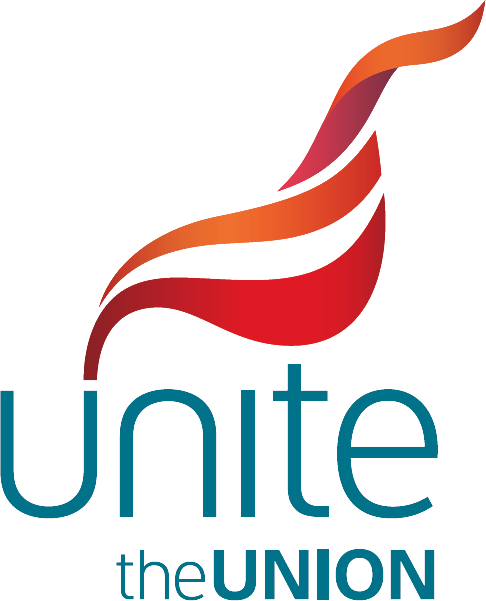
Members of Unite in the NHS should support healthcare workers in Gaza and show solidarity for a multitude of reasons, grounded in humanitarian principles, professional empathy, and a shared commitment to the values underpinning healthcare.
Firstly, the essence of healthcare is the commitment to alleviate suffering and promote well-being, regardless of borders. Gaza’s healthcare system is under severe strain due to prolonged conflict, blockades, and a lack of resources. Hospitals are frequently overwhelmed, dealing with injuries from ongoing violence, chronic shortages of medical supplies, and infrastructural damage. Supporting Gaza’s healthcare workers is fundamentally about upholding the universal principle that healthcare is a human right. When Unite members advocate for their colleagues in Gaza, they reinforce the global healthcare community’s commitment to these values.
Moreover, professional empathy forms a core aspect of why Unite members should show solidarity. Healthcare workers in the NHS understand the challenges of providing care under pressure. While their challenges in the UK are significant, those faced by their counterparts in Gaza are exponentially greater. By expressing solidarity, NHS workers acknowledge the shared professional struggles, fostering a sense of global camaraderie. This mutual recognition and support can be profoundly empowering, as it reminds healthcare workers in Gaza that they are not alone and that their struggles are seen and acknowledged by their peers worldwide.
Furthermore, the principle of solidarity is intrinsic to trade unionism and the very ethos of Unite. Trade unions have historically been at the forefront of advocating for workers’ rights, social justice, and humanitarian causes. Supporting healthcare workers in Gaza aligns with this tradition. It underscores the union’s commitment to justice and equality, extending beyond national borders to support colleagues in dire circumstances. This support can take many forms, including raising awareness, advocating for political action to ease blockades, organising aid, donations, the upholding of International Law and the call for a permanent ceasefire.
From a practical perspective, the interconnectedness of the global health system means that crises in one part of the world can have far-reaching implications. Epidemics and pandemics do not respect borders, and weakened health systems in conflict zones can become epicentres for outbreaks that could spread globally. By supporting the stabilisation and strengthening of Gaza’s healthcare system, Unite members contribute to global health security.
Additionally, showing solidarity with Gaza’s healthcare workers is a stand against the wider injustices affecting the region. The healthcare crisis in Gaza is a symptom of broader geopolitical issues, including occupation, conflict, and blockades. By supporting their colleagues, NHS workers can also bring attention to these underlying causes and advocate for comprehensive solutions that address both immediate healthcare needs and the broader context of suffering and instability.
In conclusion, Unite members in the NHS should support healthcare workers in Gaza as a reflection of shared humanitarian values, professional empathy, and solidarity inherent in trade unionism. This support not only assists their colleagues in critical need but also reinforces a global commitment to health as a universal right and underscores the interconnectedness of global health. By standing with Gaza’s healthcare workers, Unite members demonstrate a powerful commitment to justice, solidarity, and the fundamental principles of their profession.

Leave a Reply